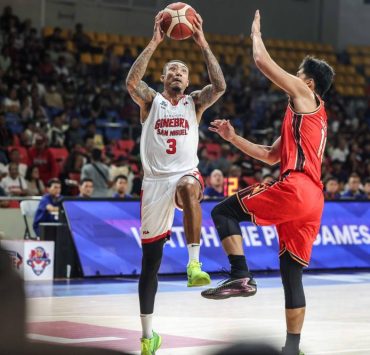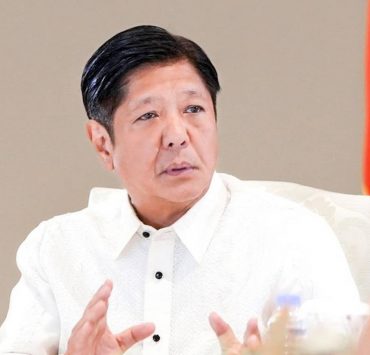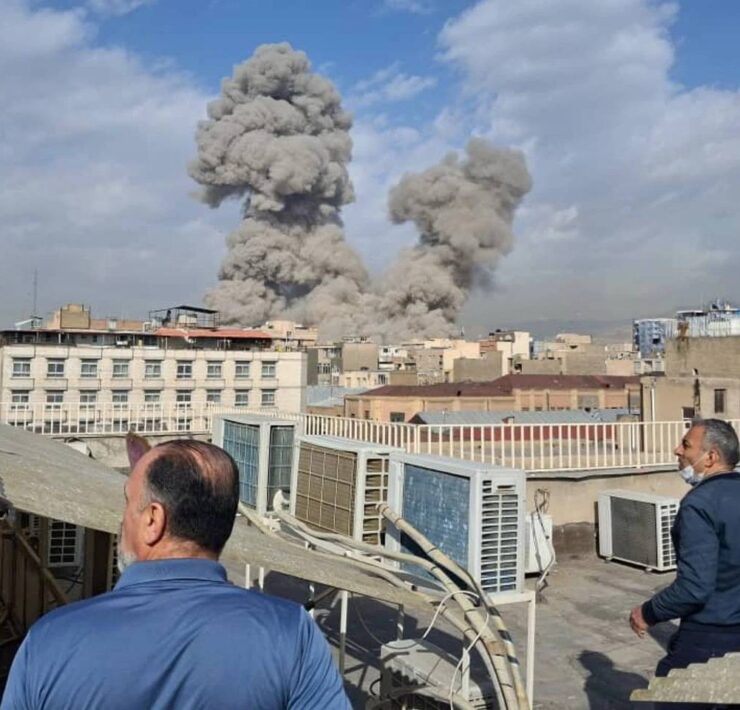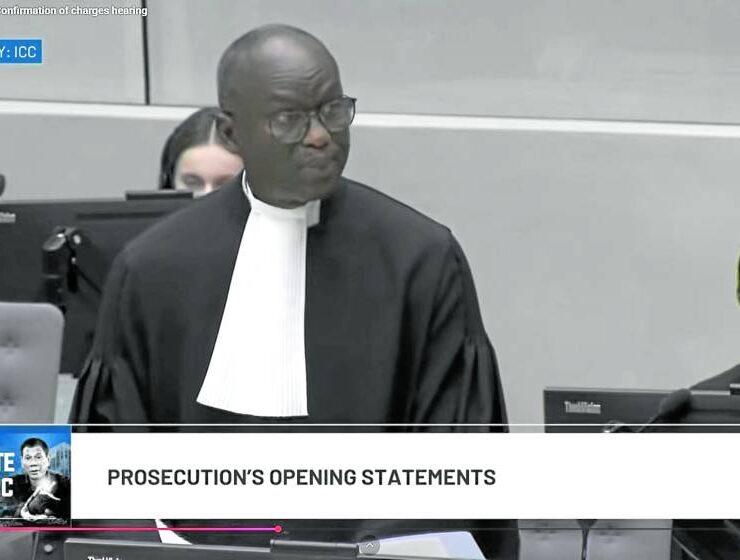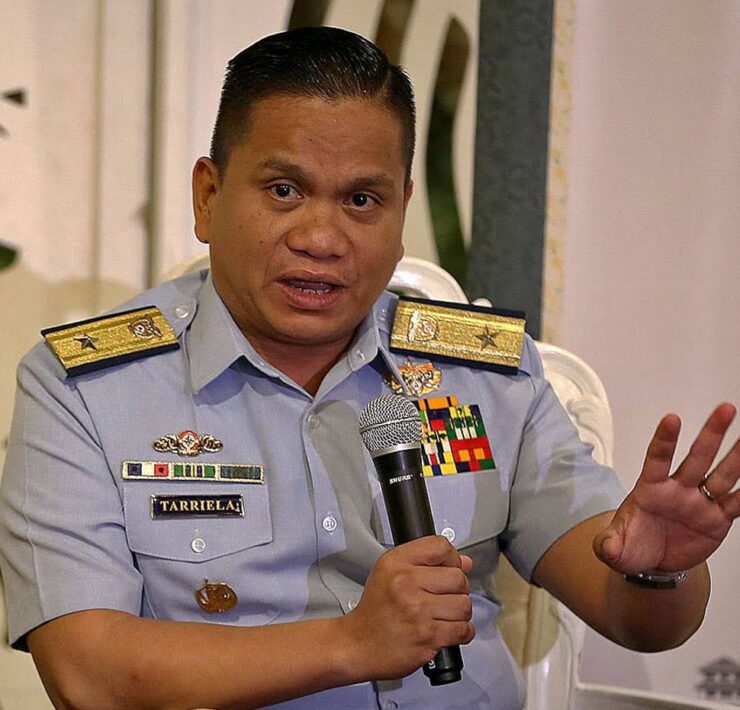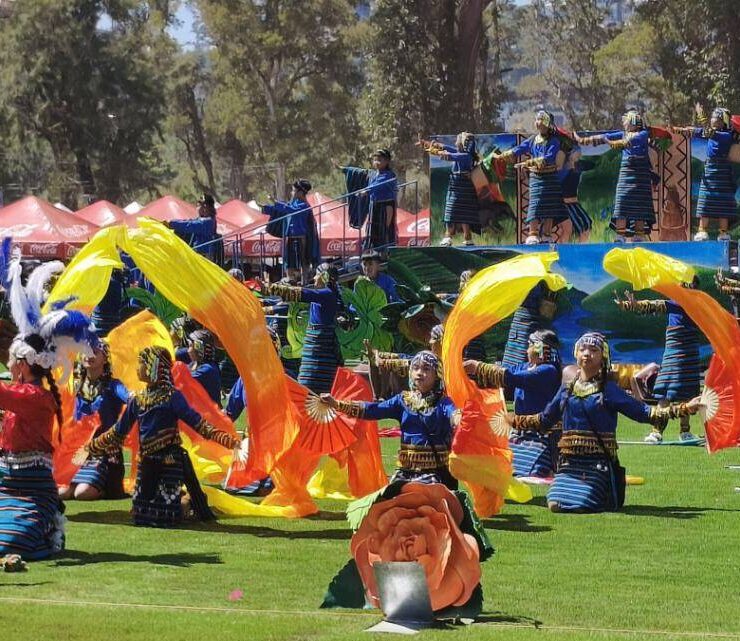Edcom II execs in US for third study tour
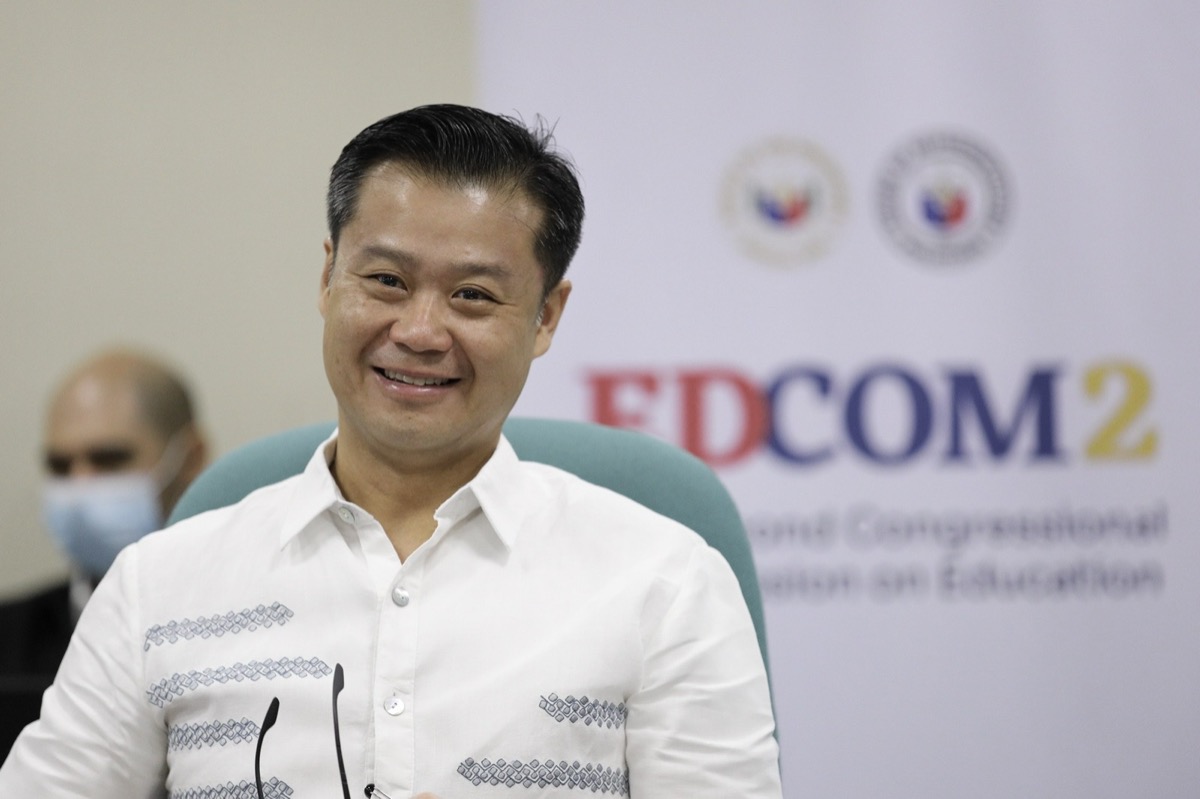
After study tours of Vietnam in March and Australia last year, a congressional body tasked to assess the country’s educational performance has embarked on yet another overseas trip, this time, to learn from top universities in the United States.The delegation from the Second Congressional Commission on Education (Edcom II) cochaired by Sen. Sherwin Gatchalian and Representatives Mark Go of Baguio City and Roman Romulo of Pasig City flew to the United States on Monday for the five-day visit.
“The delegation aims to learn from the institutions, as well as faculty members and researchers who have conducted research in these areas, to inform the Commission’s ongoing formulation of policy recommendations in higher education,” the commission said in a statement.
Among the higher learning institutions on their itinerary are Harvard University, Massachusetts Institute of Technology, Boston College, Georgetown University, Arizona State University, and University of the District of Columbia (UDC).
Discussions with academic leaders and scholars will focus on Edcom II’s priority areas, such as access to quality higher education; quality assurance; graduate education, research and innovation; “connectedness” of learner pathways throughout the system; and internationalization.
Besides the three co-chairs, the delegates include Edcom II’s advisory council members Cynthia Bautista, Chito Salazar and Fred Ayala, as well as the presidents of some of the Philippines’ top universities, including Angelo Jimenez of the University of the Philippines, Bernard Oca of De La Salle University, and Roberto Yap of Ateneo de Manila University.
Also joining the group are three other lawmakers who serve as Edcom II commissioners: Sen. Juan Edgardo Angara, Cebu Rep. Pablo John Garcia and Negros Occidental Rep. Francisco Benitez.
Innovation, research hubs
Luigi Conti, Edcom II’s communications officer, explained to the Inquirer that despite differences between the higher education systems of the Philippines and the United States, the former may still adopt some of the reforms and initiatives by the American institutions.
“The other countries we visited, Australia and Vietnam – all of them either have slight differences with our education system or they’re very different. But the commissioners and the commission are aware of these differences,” Conti told the Inquirer.
According to Gatchalian, the focus of the US trip is on higher education practices as part of the Philippines’ bid to strengthen its higher education institutions as “hubs of innovation and research that could boost our national development.”
During his opening remarks in UDC on Tuesday, Garcia said the group hoped to engage with key experts by “delving into the intricacies of micro-credentials, lifelong learning pathways and community colleges.”
“Our discussions will also center on improving equity in access to higher education opportunities, recognizing the diverse profiles of institutions—both public and private, akin to the Philippines,” he said.
Vietnam, Australia visits
Edcom II visited Hanoi from March 21 to 24 to find out what the neighboring country was doing right in its basic education system, considering its similarities with the Philippines in terms of economic growth and spending. The group observed practices in some public primary and secondary schools in the Vietnamese capital.
Vietnam received an average score of 468 in the 2022 Program for International Student Assessment (Pisa) assessment, much higher than the Philippines’ 353.
Edcom II members also went to Australia from April 30 to May 6, 2023 on a trip organized by the Philippine Business for Education, with the Australian Department of Foreign Affairs and Trade.
The tour sought to gain insights into the Australian education system, particularly on education governance, teacher quality, assessment, early childhood education, and government-industry-academia collaboration for lifelong learning.
Among the institutions they visited were University of Melbourne’s Assessment and Evaluation Research Center; Australian Council for Educational Research; Royal Melbourne Institute of Technology; Canberra Institute of Technology; and Jobs and Skills Australia.














